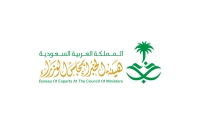
The Cosmetics Law in the Kingdom of Saudi Arabia is a set of rules applied to cosmetics, their factories, warehouses, and the trade and circulation of these products within the Kingdom. It clarifies how the provisions are applied to cosmetics, their factories, and warehouses. The law was issued on April 7, 2015, and consists of thirty-eight articles. The concept of a cosmetic product Cosmetic product, as defined in Article One of the Cosmetics Law in the Kingdom, refers to any product containin...
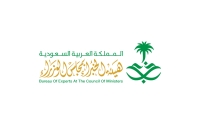
The Juveniles Law in the Kingdom of Saudi Arabia is a set of rules and criminal procedures regulating juvenile crimes for individuals who have reached the age of seven and are under eighteen years old, whether male or female. It consists of twenty-four articles. The executive regulations of the law were issued in 2020, with the continued application of the Criminal Procedures Law issued in 2013 to juveniles, in cases where its provisions do not conflict with the Juveniles Law. History of the Ju...
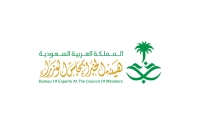
The Law of Professional Companies in the Kingdom of Saudi Arabia is a set of legal rules formulated to regulate and clarify the procedures and provisions related to professional companies in the Kingdom. It was issued in 2019 and comprises twenty-nine articles, replacing the previous Law of Professional Companies, which was issued in 1991. History of the Law of Professional Companies in Saudi Arabia The Law of Professional Companies in the Kingdom was first issued in 1991. It addressed topics r...
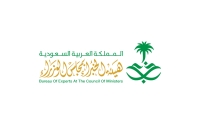
The Meteorology Law in the Kingdom of Saudi Arabia is a set of regulations that establish the requirements and guidelines for meteorological activities and related operations in the Kingdom, along with violations and corresponding penalties. It was issued on May 6, 2021, and consists of twenty articles. Requirements for providing Services in the Meteorology Law Article Two of the Meteorology Law in the Kingdom stipulates that when providing any meteorological services, it is mandatory to adhere...
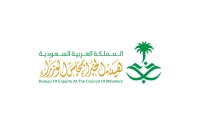
The Acquired Immunodeficiency Syndrome (AIDS) Prevention and the Rights and Duties of Infected Persons Law is a law that outlines the rules, rights, and responsibilities related to persons infected with AIDS in the Kingdom of Saudi Arabia. The law outlines the required procedures for dealing with infected persons through a series of regulatory measures. The law was issued by Royal Decree and a decision of the Council of Ministers in 2018. Objectives of the AIDS Prevention Law The AIDS Prevent...
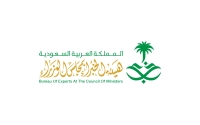
The Law of Practicing Healthcare Professions in the Kingdom of Saudi Arabia is a set of legal rules governing the work of healthcare practitioners in the Kingdom. It outlines their duties toward patients, collegial obligations, and professional responsibility. The law was issued in 2005. Health practitioner in the Health Professions Practice Law The Law defined the health practitioner as any person licensed to practice the health professions including the following categories: physicians, denti...
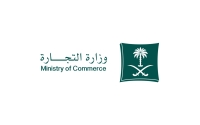
The Law of Trade Names in the Kingdom of Saudi Arabia consists of legal rules governing the trade names of companies and institutions listed in the commercial registers within the Kingdom. It outlines the criteria for selecting an establishment's trade name, the procedures for its registration, and the entity responsible for reviewing trade name registration requests. Date of issuance of the Law of Trade Names in Saudi Arabia The Law of Trade Names was issued in 1999, comprising twenty art...
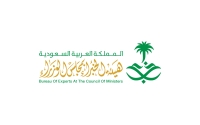
The Succession Commission Law is a governmental law in the Kingdom of Saudi Arabia responsible for pledging allegiance to the king and selecting the crown prince, in accordance with its articles and the Basic Law of Governance. Established in 2006, the law's Implementing Regulations were issued in 2007. Composition of the Succession Commission The Succession Commission Law stipulates that the members of the Succession Commission are appointed by Royal Order. These members are the sons ...
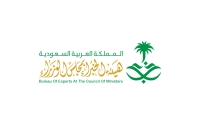
The Child Protection Law in the Kingdom of Saudi Arabia is a legal framework established to protect children in the Kingdom. It outlines the responsibilities toward children and ensures their rights. Initially issued in 2014, the law comprises twenty-six articles, some of which have been amended over time. Goals of the Child Protection Law The Child Protection Law aims to protect children against all forms of abuse and neglect, and their manifestations. It guarantees the rights of abused or n...
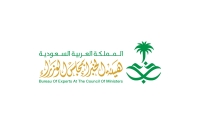
The Law of Saudi Decorations is a law that introduces decorations and their degrees within the Kingdom of Saudi Arabia . Decorations are awarded by Royal Orders to kings, heads of state, and both national and international civil and military figures. These medals serve as honorary or commemorative tokens, recognizing significant contributions, celebrating important events, or marking occasions of national importance. The law was issued on May 4, 2013, and comprises sixteen articles. Saudi decor...
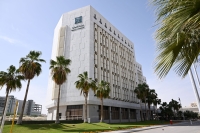
The Franchise Law in the Kingdom of Saudi Arabia consists of a set of rules that regulate franchise activities in the Kingdom. It was issued by Royal Decree on October 8, 2019, and comprises twenty-seven articles. Definition of franchise in Saudi Arabia Franchise is defined as a right granted by a franchisor to a franchisee to run a franchise business on his own account under the trademark or under the brand name of the franchisor or the person licensed to use the same. This includes transferri...
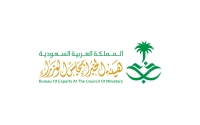
The Mental Health Care Law in the Kingdom of Saudi Arabia is a regulatory framework governing mental health care in the Kingdom. Its primary focus is to protect the rights of individuals with mental illnesses while providing appropriate treatment mechanisms. It establishes core principles aimed at safeguarding the rights and dignity of patients, their families, and society. Additionally, it outlines methods for treating individuals within mental health facilities and seeks to organize and impro...